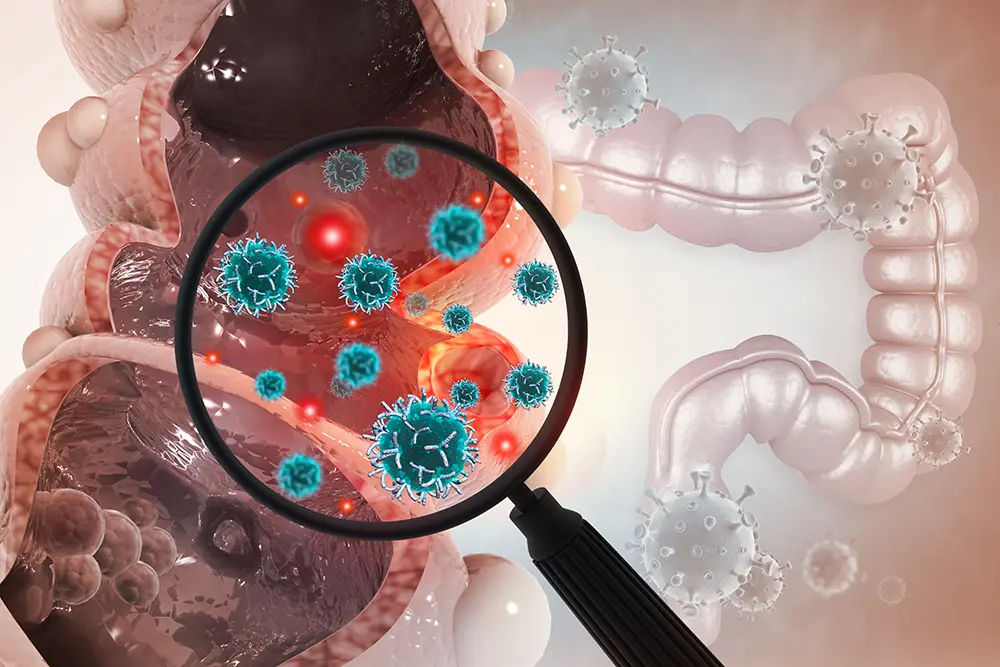This content is courtesy of Mayo Clinic, the No. 1 hospital in the nation according to U.S. News & World Report. Minnesota Oncology is a member of the Mayo Clinic Care Network. This relationship provides us with access to information, knowledge and expertise from Mayo Clinic.
In the U.S., 4 out of 10 cancer cases are associated with preventable risk factors. That's according to the latest Cancer Progress Report from the American Association for Cancer Research. February is National Cancer Prevention Month, and Dr. Jon Ebbert, medical director of the Mayo Clinic Nicotine Dependence Center, says it's never too late to make lifestyle changes that can decrease your risk of cancer.
Watch: Prevent cancer with lifestyle change
What do tobacco, alcohol and obesity have in common? They can all increase your risk of developing cancer. Smoked tobacco is strongly linked to cancer in almost every part of the body.
"Smoked tobacco produces about 7,000 chemicals, and when you inhale those chemicals in your body, they cause alterations in cells. And it's those alterations in cells that can lead to cancer," says Dr. Ebbert.
He says smoking also weakens your immune system, making it harder to fight cancer cells. One of the best ways to lower your cancer risk is to not use any kind of tobacco.
"We always say it's never too late to stop smoking. And the risk for cancer after quitting cigarette smoking, for example, goes down. But it takes some time," says Dr. Ebbert.
Consuming alcohol increases your risk of breast, head and neck, esophageal, and colorectal cancers.
"At every level of alcohol consumption, there is cancer risk, but heavier drinkers have higher cancer risk than lighter drinkers," says Dr. Ebbert.
Finally, packing on extra pounds can increase your risk of cancer in several ways.
"Excess body weight increases estrogen and insulin, which can increase the rate of cellular division, which can increase the risk for cancer. But also, excess body weight is associated with inflammation, and inflammation is a known risk factor for the development of cancer," says Dr. Ebbert.
Bariatric surgery has been shown to decrease risk of hormone-related cancers such as breast, endometrial and prostate, as well as pancreatic and colorectal cancers. However, there are less drastic steps people can take.
"Small sustainable steps toward weight loss are the most effective when we think about diet and exercise. Those are the classic approaches, but also there are new medications on the market that can help people lose weight," says Dr. Ebbert.




